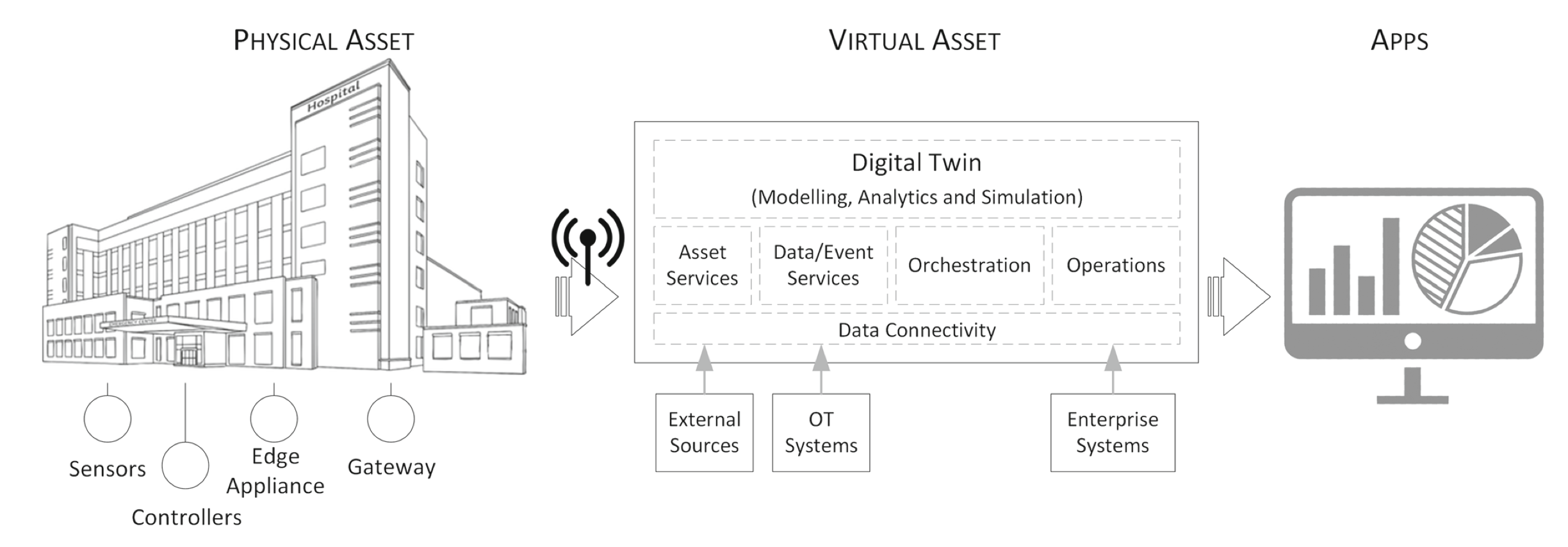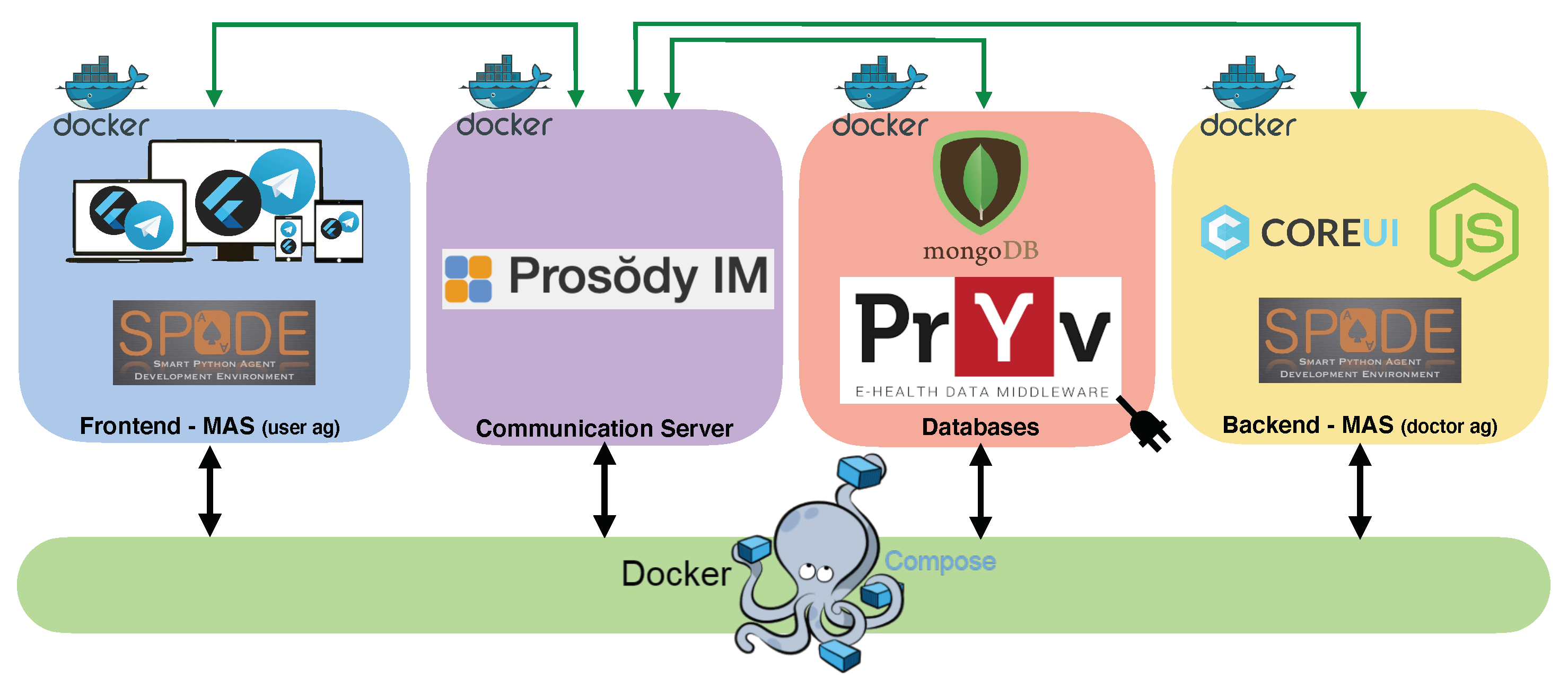 Augmenting BDI Agency with a Cognitive Service: Architecture and Validation in Healthcare Domain
(Sara Montagna, Stefano Mariani, Emiliano Gamberini )
Augmenting BDI Agency with a Cognitive Service: Architecture and Validation in Healthcare Domain
(Sara Montagna, Stefano Mariani, Emiliano Gamberini )
Autonomous intelligent systems are starting to influence clinical practice,
as ways to both readily exploit experts’ knowledge when contextual conditions demand so,
and harness the overwhelming amount of patient related data currently at clinicians’ disposal.
However, these two approaches are rarely synergistically exploited,
and tend to be used without integration.
In this paper, we follow recent efforts reported in the literature
regarding integration of BDI agency with machine learni...
[read more]
 On the Integration of Agents and Digital Twins in Healthcare
(Angelo Croatti, Matteo Gabellini, Sara Montagna and Alessandro Ricci )
On the Integration of Agents and Digital Twins in Healthcare
(Angelo Croatti, Matteo Gabellini, Sara Montagna and Alessandro Ricci )
A digital twin is a digital representation of a physical asset reproducing its data model, its behaviour and its communication with other physical assets. Digital twins act as a digital replica for the physical object or process they represent, providing nearly real-time monitoring and evaluation without being in close proximity. Although most of their concrete applications can be found mainly in the industrial context, healthcare represents another relevant area where digital twins can have ...
[read more]
 BDI personal medical assistant agents: The case of trauma tracking and alerting
(Angelo Croatti, Sara Montagna, Alessandro Ricci, Emiliano Gamberini, Vittorio Albarello, Vanni Agnoletti)
BDI personal medical assistant agents: The case of trauma tracking and alerting
(Angelo Croatti, Sara Montagna, Alessandro Ricci, Emiliano Gamberini, Vittorio Albarello, Vanni Agnoletti)
Personal assistant agents can have an important role in healthcare as a smart technology to support physicians in their daily work, helping to tackle the increasing complexity of their task environment. In this paper we present and discuss a personal medical assistant agent technology for trauma documentation and management, based on the Belief-Desire-Intention (BDI) architecture. The purpose of the personal assistant agent is twofold: to assist the Trauma Team in doing precision tracking dur...
[read more]
 EREBOTS: Privacy-Compliant Agent-Based Platform for Multi-Scenario Personalized Health-Assistant Chatbots
(Davide Calvaresi, Jean-Paul Calbimonte, Enrico Siboni, Stefan Eggenschwiler, Gaetano Manzo, Roger Hilfiker, and Michael Schumacher)
EREBOTS: Privacy-Compliant Agent-Based Platform for Multi-Scenario Personalized Health-Assistant Chatbots
(Davide Calvaresi, Jean-Paul Calbimonte, Enrico Siboni, Stefan Eggenschwiler, Gaetano Manzo, Roger Hilfiker, and Michael Schumacher)
Context. Asynchronous messaging is increasingly used to support human–machine interactions, generally implemented through chatbots. Such virtual entities assist the users in activities of different kinds (e.g., work, leisure, and health-related) and are becoming ingrained into humans’ habits due to factors including (i) the availability of mobile devices such as smartphones and tablets, (ii) the increasingly engaging nature of chatbot interactions, (iii) the release of dedicated APIs from mes...
[read more]
